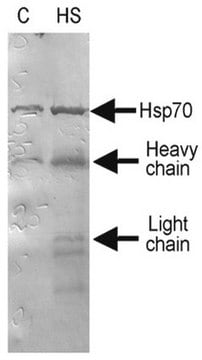I8909
Anti-Interleukin-1α antibody produced in goat
IgG fraction of antiserum, lyophilized powder
Synonyme(s) :
Anti-IL-1α
About This Item
Produits recommandés
Source biologique
goat
Niveau de qualité
Conjugué
unconjugated
Forme d'anticorps
IgG fraction of antiserum
Type de produit anticorps
primary antibodies
Clone
polyclonal
Forme
lyophilized powder
Espèces réactives
human
Technique(s)
neutralization: suitable
western blot: 1-2 μg/mL
Numéro d'accès UniProt
Température de stockage
−20°C
Informations sur le gène
human ... IL1A(3552)
Vous recherchez des produits similaires ? Visite Guide de comparaison des produits
Catégories apparentées
Description générale
Anti-interleukin-1α specifically reacts with human IL-1α. It does not react with human IL-1β and mouse IL-1β or mouse IL-1α in neutralization reactions. It shows 5% cross reactivity with mouse IL-1α in immunoblotting applications.
Immunogène
Application
Forme physique
Vous ne trouvez pas le bon produit ?
Essayez notre Outil de sélection de produits.
Produit(s) apparenté(s)
Code de la classe de stockage
10 - Combustible liquids
Faites votre choix parmi les versions les plus récentes :
Certificats d'analyse (COA)
Vous ne trouvez pas la bonne version ?
Si vous avez besoin d'une version particulière, vous pouvez rechercher un certificat spécifique par le numéro de lot.
Déjà en possession de ce produit ?
Retrouvez la documentation relative aux produits que vous avez récemment achetés dans la Bibliothèque de documents.
Notre équipe de scientifiques dispose d'une expérience dans tous les secteurs de la recherche, notamment en sciences de la vie, science des matériaux, synthèse chimique, chromatographie, analyse et dans de nombreux autres domaines..
Contacter notre Service technique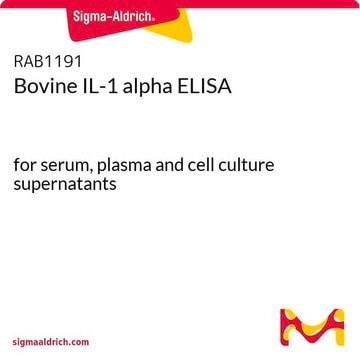


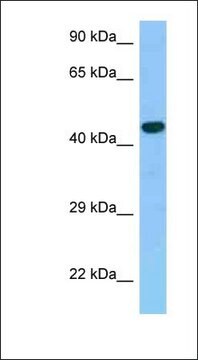
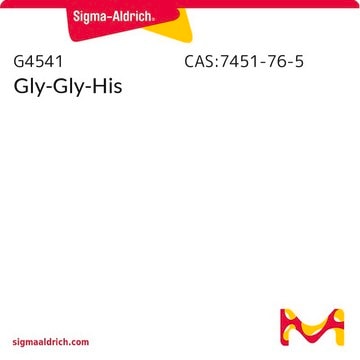
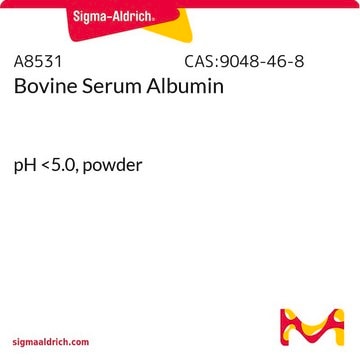
![[4-(acetylamino)phenyl]acetic acid AldrichCPR](/deepweb/assets/sigmaaldrich/product/structures/998/245/c05afb37-e406-430e-b87e-95b0335140f4/640/c05afb37-e406-430e-b87e-95b0335140f4.png)

